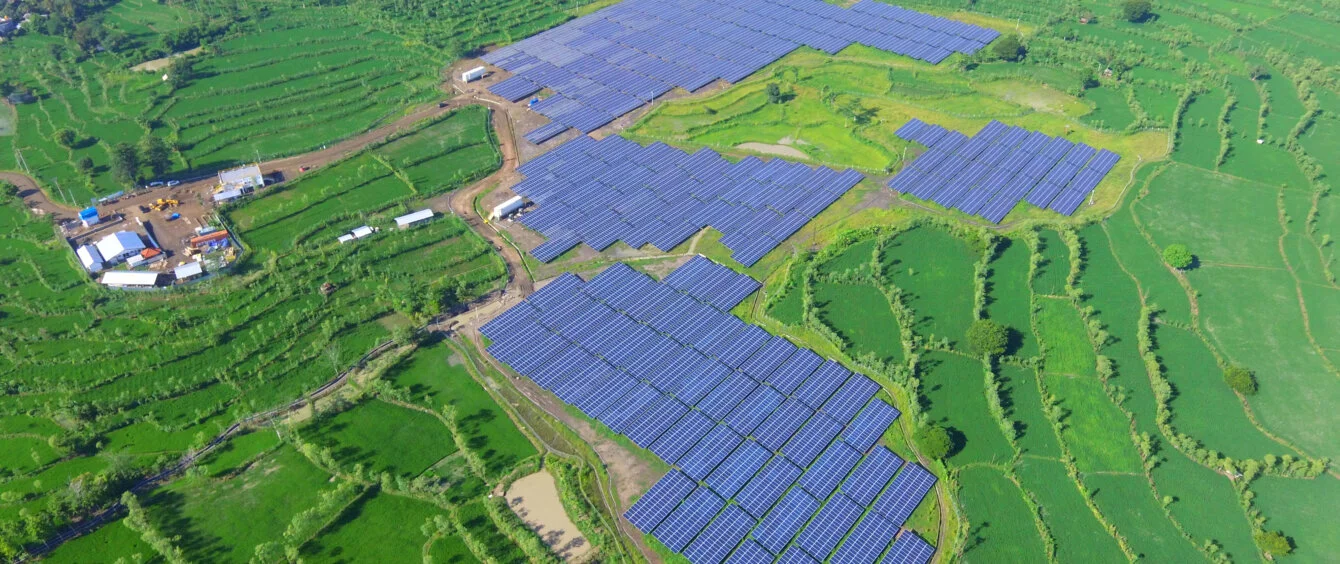
At the UN Climate Change Conference, several funds were agreed to preserve and protect the environment and also to promote the energy transition in countries with few resources. One of these is Indonesia, which has the fourth largest population in the world and, with the support of Japan and the USA, wants to move more and more away from coal-fired power generation.
© Rumagia Bangun Setiawan, shutterstock.com
COP27, the latest in the series of UN conferences designed to coordinate global climate change action, ended in the Egyptian coastal resort of Sharm el-Sheikh on November 20 with a mixed bag of results.
The conference took place against a very different backdrop to last year’s COP26 in Glasgow. Russia’s invasion of Ukraine, sanctions imposed in response and the sharp drop in Russian gas exports to Europe have driven energy prices to very high levels this year.
In this uncertain context, a proposed statement on phasing out fossil fuels failed to gain consensus and the final text of the agreement instead called for an accelerated development of ‘low emission’ energy systems. It included the phase down of unabated coal power and the phase-out of inefficient fossil fuels subsidies, language already adopted at COP26.
Help for vulnerable countries
However, a new development was an agreement on setting up a ‘loss and damage’ fund to provide finance to those countries most vulnerable to the effects of climate change. A new framework for the adaptation fund is planned in time for COP28 next year, when both the fund’s contributors and recipients will be debated.
There was also agreement on considering reforms to major international lending institutions, such as the International Monetary Fund and the World Bank, so that they can provide more climate-related finance.
Another development was the launch of the Indonesia Just Energy Transition Partnership (JETP). This is a newly formed coalition of countries, co-led by Japan and the US with EU support, which promises to mobilise $20 billion in public and private funds to reduce coal-fired power in Indonesia.
Other developments included growing support for tackling methane emissions. Five more countries joined the Global Methane Pledge at COP27, taking the total to up to 151 from just over a 100 after COP26.
Carbon trading
One of the major developments at COP26 was agreement on the ‘rulebook’ for global carbon trading. Subsequent COPs were tasked with developing the plan, in particular creating procedures and definitions.
At COP27, many of these tasks were deferred, owing to a lack of consensus, and some decisions were seen as retrograde steps by environmental organisations. These included an option for countries to treat carbon trading information as confidential, which could reduce market transparency, and measures seen as weakening the COP26 commitment to avoid double counting.
Food and nature move up the agenda
For the first time, forests gained their own section in what is known as the ‘cover text’, formally the Sharm el-Sheikh Implementation Plan, while the importance of protecting water systems and water-related ecosystems were also mentioned for the first time.
In addition, a commitment to zero deforestation by 2030 by Brazil’s new president, Lula da Silva, was widely welcomed. Ahead of COP27, Brazil also joined Indonesia and the Democratic Republic of Congo in a trilateral partnership to cooperate on forest preservation.
COP27 also saw progress with regard to the treatment of food, rivers, nature-based solutions, ‘tipping points’ and the right to a healthy environment, which were all included in the COP27 text for the first time. The Koronivia Dialogue – officially the Koronivia Joint Work for Agriculture — a forum for discussion at the UNFCCC on food and agriculture, was included and renewed for a further four years. COP27 hosted the first food-systems pavilion at a COP conference.
Greater recognition of the importance of food systems and nature holds promise that action to make food systems more sustainable could gain traction at COP28, which is scheduled to be held in Dubai in the United Arab Emirates from the end of November 2023.